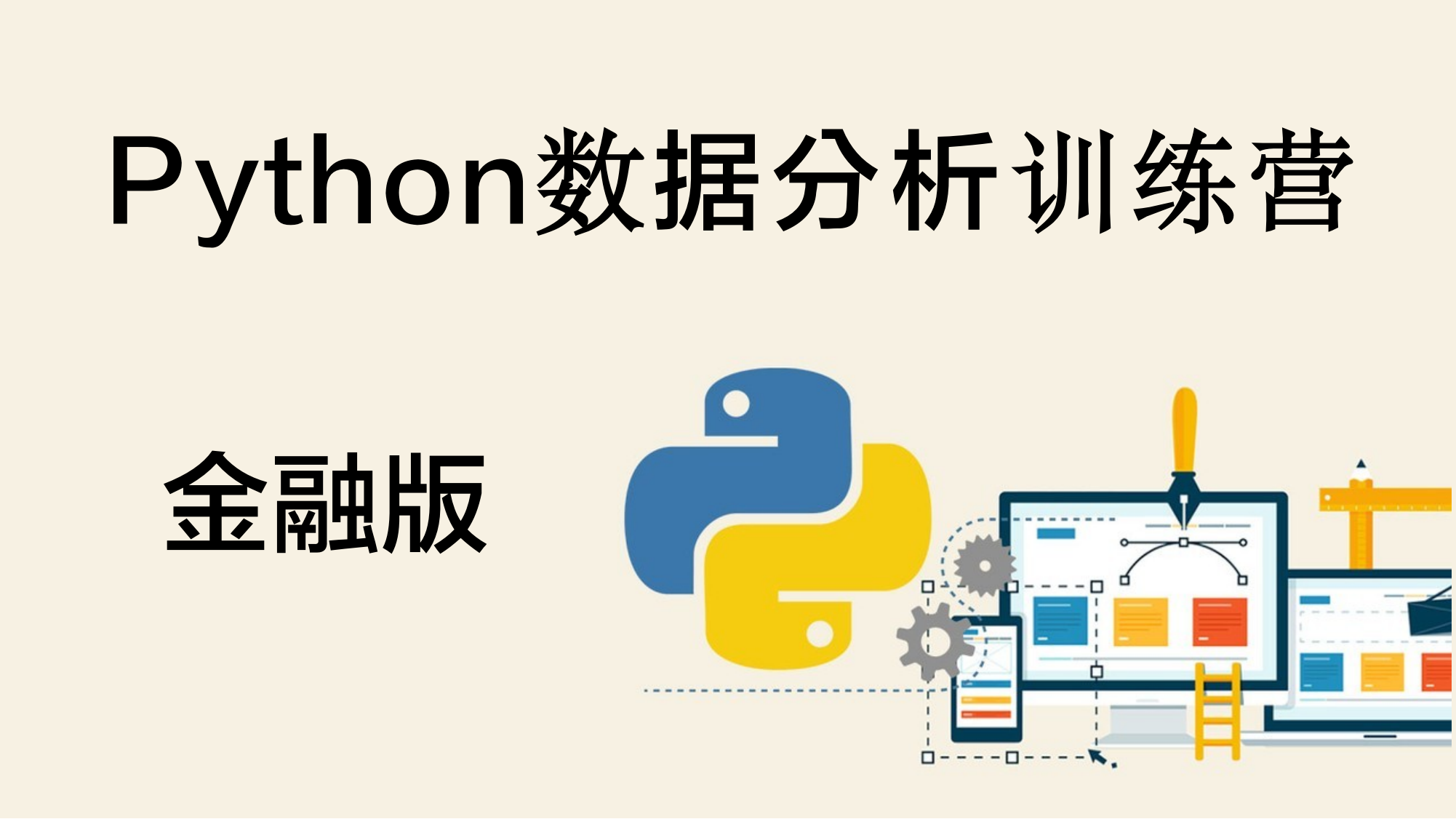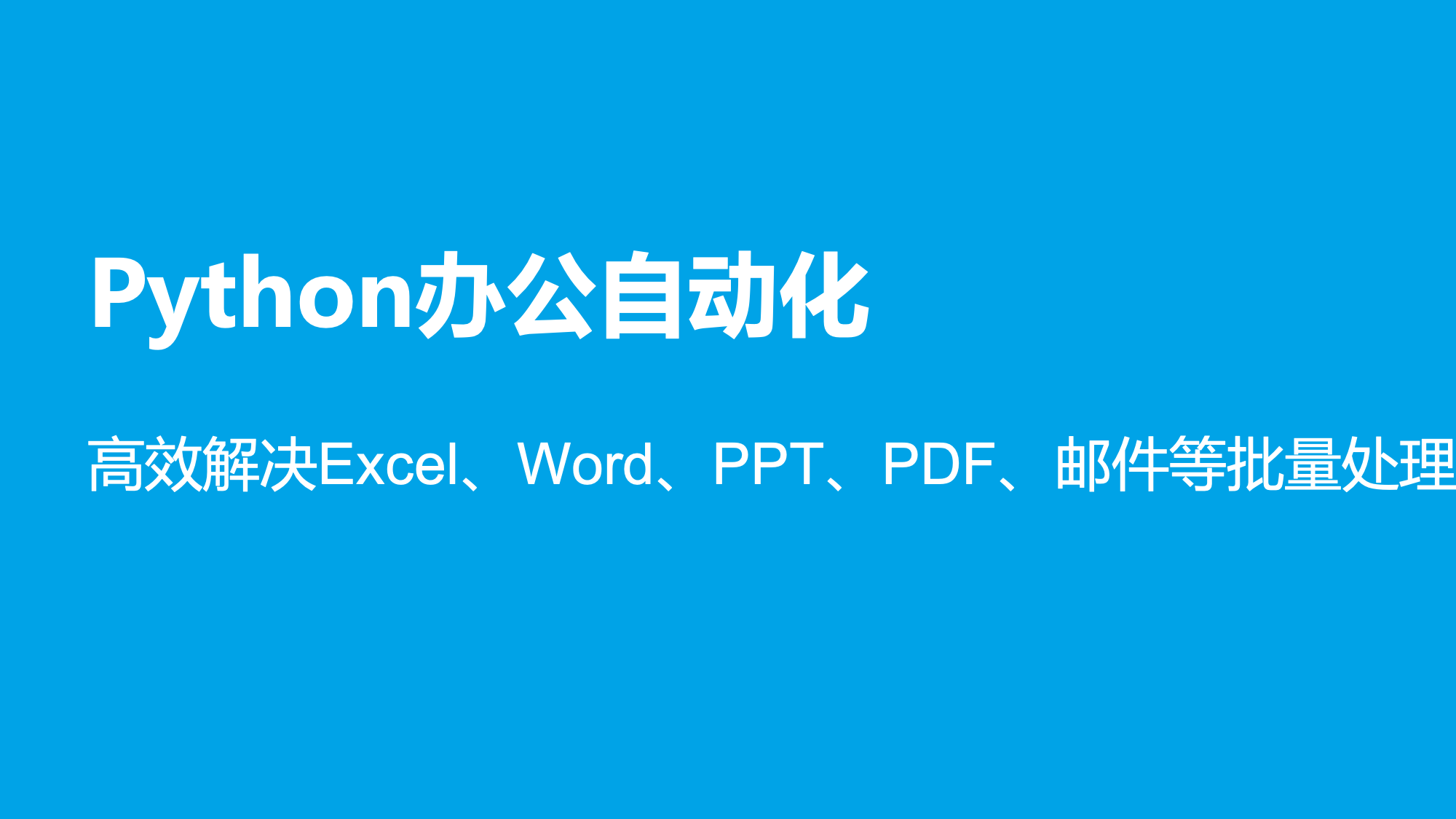矩阵变换::
请用一条语句将:
arr = [[1, 2, 3, 'a'], [4, 5, 6, 'b'], [7, 8, 9, 'c']]
转换装置矩阵为: [[1, 4, 7], [2, 5, 8], [3, 6, 9], ['a', 'b', 'c']]
[ [ each[i] for each in arr] for i in range(len(arr[0])) ]
排序bin
请写一个函数将一个字符串列表进行排序, 这些字符串都含有数字的子串.
若按默认的排序, 'foo10.txt'会排在'foo2.txt'之前(因为'1'比'2'小), 现在需要将'foo2.txt'排在'foo10.txt'之前,
因为2比10小. 请写出这个函数(可以额外多写其他辅助函数,可以用python的各种库)
输入比如: files = 'file3.txt file11.txt file7.txt file4.txt file15.txt'.split()
调用函数: result = sort_strings(files)
result就应该是列表: ['file3.txt', 'file4.txt', 'file7.txt', 'file11.txt', 'file15.txt']
sort(key = lambda item: int(item[:-4][4:]))
托管类
设计一个简单通用的托管类Proxy, 创建实例(p)时传入其他类实例(orig),即可以通过p调用所有orig的方法.
例如:
class Hello(object):
def __init__(self, name):
self.name = name
def hello(self):
print 'hello', self.name
class Proxy(object):
...
h = Hello('world')
p = Proxy(h)
p.hello() # 应该间接调用h.hello(), 输出"hello world"
print p.name # 应该打印:world
p.name = 'jobs'
p.hello() # 应该间接调用h.hello(), 输出"hello jobs"
请设计Proxy类. 注:不能简单为Proxy写简单hello方法.
class Proxy(object):
def __init__(self, some_obj):
method_of_proxy_obj = [(method,getattr(some_obj, method)) for method in dir(some_obj) if callable(getattr(some_obj, method)) and not method.startswith('__')]
for method_tuple in method_of_proxy_obj:
name = method_tuple[0]
method_obj = method_tuple[1]
setattr(self, name, method_obj)
找到 100 万个数字中的第100个大的数字
1. split 100万数字为100份
2. 找出每一份中的前100个
3. 把这些数字组合起来排序,找出前100个
这里的逻辑是,前100个数字,必定包含在每一份的前100个中。要证明这个可以用反证法,
假设 n 属于前100 但是n 不在某一份的前100个数中。
那么, 该份的前100都比n大,所以n就不可能是这100万个数的前一百。© 著作权归作者所有
举报
相关热门文章
发表评论
0/200





 点击刷新
点击刷新


